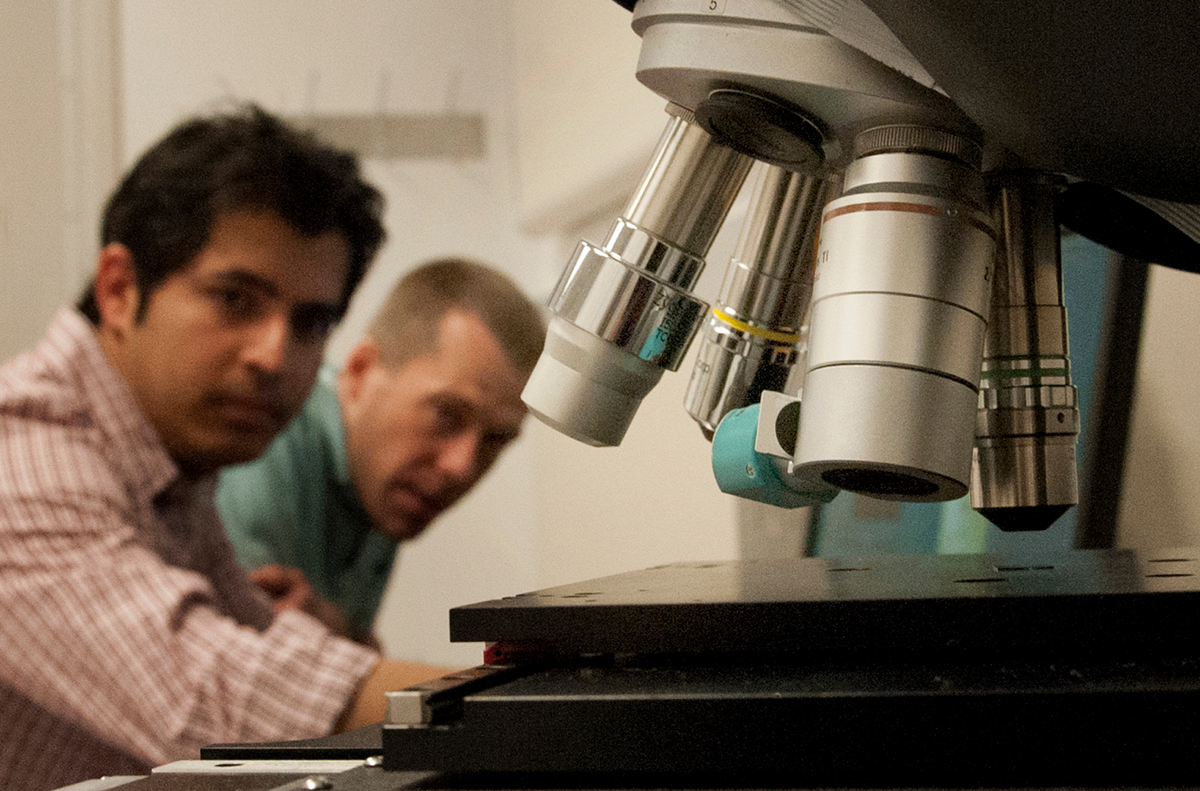
Levels of scientific maturity
Posted at 09:00 on 07 June 2021
Is the scientific method infallible? Is the scientific consensus always right?
From time to time, people bring up such things as the reproducibility crisis to remind me that it isn't. Data has to be interpreted. P-values can be hacked. False negatives and false positives can be an issue, and scientific fraud is a very real problem. Scientists are often under a lot of pressure in their careers to publish novel research, and this can inevitably lead to a conflict between quality and quantity. Political and social pressures can influence consensus in various ways, both subtle and not so subtle.
It's a valid point, and one that I am aware of. But -- and it is a big but -- it is not a free pass to let you dismiss anything and everything about science that you don't like. If it were, you would be able to dismiss speeding tickets in court by challenging the physics of speed cameras in that way. Good luck with that.
So clearly, there are limits to how sceptical we can be of the scientific method itself. But what are those limits? In order to answer this question, it is helpful to consider the different levels of maturity that scientific theories pass through. This is probably an over-simplification, but we can outline five different levels for starters:
- Frontier. These are subjects at the very early stages of investigation. They concern questions that are characterised by little or no data, and a lot of speculation. Research tends to focus on developing the theories and devising experiments to obtain data to support them.
- Controversy. These are subjects where there is a certain amount of data available, but no real consensus on the explanation for the data. There may be two or more possible candidates, but no clear leader. Research tends to focus on coming up with experiments that can differentiate between which explanations are correct and which ones are not.
- Consensus. This is the point at which one clear leader has emerged as an explanation for the data, and researchers working in the field have reached an agreement as to which explanation is correct. Research is no longer focused on differentiating between competing explanations but on working out applications, filling in the details, and expanding into new frontiers.
- Application. This is where scientific theories are put to work, being applied in real-world situations to solve real-world problems. They are used to build computers, to send probes throughout the Solar System, to cure diseases, and to find oil. Research is focused on making them more reliable, more efficient, and safer.
- Foundation. These are scientific theories that have other theories that depend on them. These are the most well established facts in science, because if they turned out to be wrong then everything else on which they depended would also have to be wrong. Research is focused on trying to determine what, if any, their limits are, usually under extreme conditions.
It's important to note that these different levels of maturity represent what is happening in the community of subject matter experts actively researching the field. Some subjects, such as evolution or man-made climate change, generate a lot of controversy among the general public, but are totally uncontroversial among experts in the subject. Some subjects can even be controversial with certain sectors of the general public despite having reached the "application" or "foundation" stage. For example, conventional old Earth geochronology is used to find oil -- this has been the case since the 1970s when the easiest and most obvious deposits ran dry and basin modelling became increasingly prominent in finding new deposits. The theory of evolution finds applications in medical research, conservation, virology, epidemiology, and even in computer science and software engineering.
Problems such as the reproducibility crisis, scientific fraud, or p-value hacking usually affect theories at the first two levels -- the "frontier" and "controversy" levels. Once things reach the "consensus" level, these problems are much less likely to be a factor, but it isn't impossible. If the subject concerned is relatively immature, if no other science depends on it, if it is in one of the "softer" sciences such as sociology or psychology, if it is politically contentious, and if there are few or no practical or commercial incentives on researchers to produce results that are correct rather than politically convenient, then it may be possible to make a case that the consensus on the matter is premature.
But the higher up the "consensus" level you get, the harder it becomes to challenge scientific findings with any credibility on these grounds. And once you get to science at the "application" and "foundation" level, it's a completely different ball game. Once a scientific theory starts to be applied in real-world situations where getting it wrong has consequences, we can be absolutely confident that it's rock solid. Attempting to challenge a scientific theory that has reached that level is, quite simply, quackery. And to stir up controversy about scientific theories that have reached the "application" or "foundation" level is to get into the kind of foolish controversies that Titus 3:9 warns us against.
Featured image credit: Penn State University.